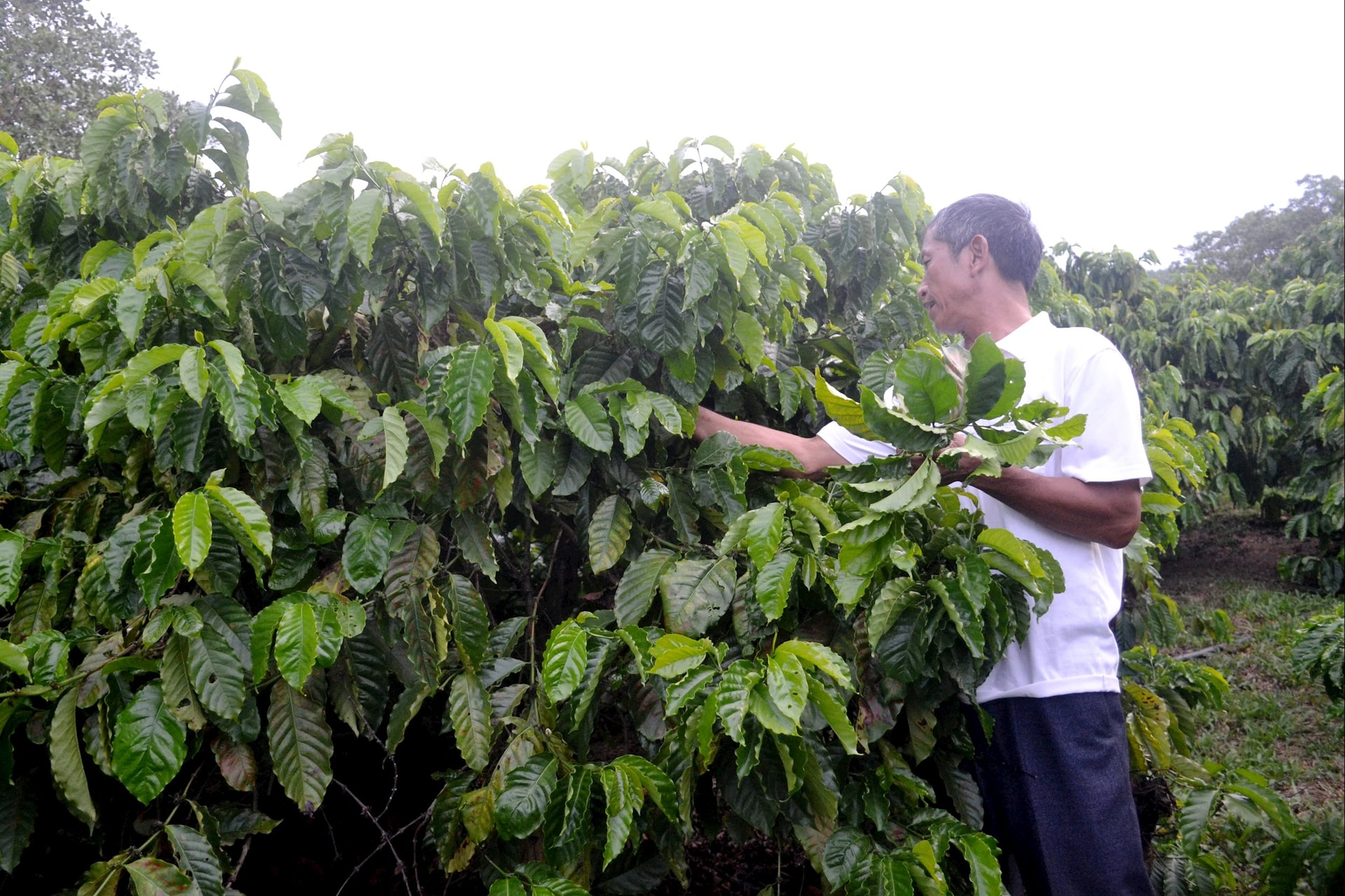
For over 15 years, Mr. Dinh Van Truong's family in Dak Ha village, Krong No commune has not used herbicides in their 3-hectare coffee production. According to Mr. Truong, in fact, in the dry season, the grass grows slowly, so cutting and hoeing grass is quite easy, but in the rainy season, cutting grass is quite a lot of work. Usually, each rainy season, the family has to cut grass 3-4 times. In comparison, 4 times of cutting grass cleans the garden as much as 2 times of spraying pesticides, but the family still chooses to cut grass.
When asked about the reason for giving up herbicides, Mr. Truong said that he was very "addicted" to herbicides, especially when his family first started their business. The grass grew wildly in the garden, and in the rainy season it grew back after about a month, so the work of the hoe and the saw could not keep up. He himself also suffered from the overuse of herbicides, which affected his eye health, and he had to be treated in many hospitals, spending a lot of money to recover.
Mr. Truong emphasized that not only does his own health decline, but after a few years of spraying herbicides in the garden, the plants also grow poorly because the soil is hardened, and the sprayer is also susceptible to disease. “Moreover, overusing herbicides can easily affect the quality of agricultural products and is unsafe for users. They may not use our products because of the toxic residue in the product. Therefore, it is better to spend more effort in exchange for long-term benefits for the health of oneself, family, and community,” Mr. Truong affirmed.
He said that giving up the habit of using herbicides was not easy. Perhaps he had to pay the price of his own health to give up. However, after giving up that toxic chemical, he and his family felt the great benefits. That is, better health, productivity, coffee output gradually stabilized, and higher income.
Mr. Chao Phu Nhan, Group 4, Bac Gia Nghia Ward, has 3 sao of rice fields, producing 2 crops a year: winter-spring and summer-autumn. Mr. Nhan said that in the past, he used to use herbicides in rice cultivation about 4 times a year. But for the past 5 years, he has sprayed once a year, and some years he did not spray at all.
Explaining this, he said: “Every time I spray herbicide, I feel tired, lethargic, my throat is hot and sore for a few days before I feel normal again. It is not good for my health, so I gradually stop using it. To limit weeds, I work the land more carefully and pull weeds by hand. Using less herbicide, I feel better in my health.”
Besides people like Mr. Truong and Mr. Nhan, in reality, in some localities in the West of Lam Dong, there are still many cases of overuse of herbicides in agricultural production and transportation. It is not uncommon to see bottles left in fields, canals, and roads, negatively affecting the soil and water environment.
In fact, in recent years, a number of functional sectors and localities have issued regulations prohibiting the use of herbicides in agriculture, environmental sanitation, and traffic. In many cases, residential communities, residential groups, villages, and hamlets have issued regulations in their village covenants and conventions on this matter, but in practice, they have not been thoroughly implemented.
According to the provincial Department of Agriculture and Environment, the unit promotes propaganda on environmentally safe farming and safe agricultural products through building models and technical training courses. In addition to the role of functional sectors, the government and grassroots organizations need to have stronger cooperation in monitoring the community on the use of herbicides containing active ingredients banned in Vietnam, avoiding arbitrary use.
According to the appendix of Circular 19/2022 of the Ministry of Agriculture and Environment, herbicide 1 active ingredient 2.4.5 T is a plant protection drug banned from use in Vietnam.
Source: https://baolamdong.vn/noi-khong-voi-thuoc-diet-co-391550.html




![[Photo] Keep your warehouse safe in all situations](https://vphoto.vietnam.vn/thumb/1200x675/vietnam/resource/IMAGE/2025/10/1/3eb4eceafe68497989865e7faa4e4d0e)
![[Photo] President of the Cuban National Assembly visits President Ho Chi Minh's Mausoleum](https://vphoto.vietnam.vn/thumb/1200x675/vietnam/resource/IMAGE/2025/10/1/39f1142310fc4dae9e3de4fcc9ac2ed0)

![[Photo] Hanoi morning of October 1: Prolonged flooding, people wade to work](https://vphoto.vietnam.vn/thumb/1200x675/vietnam/resource/IMAGE/2025/10/1/189be28938e3493fa26b2938efa2059e)


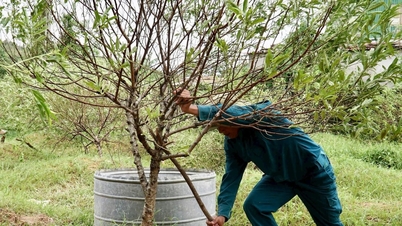



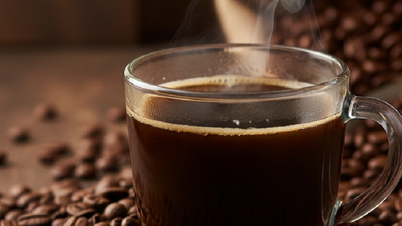

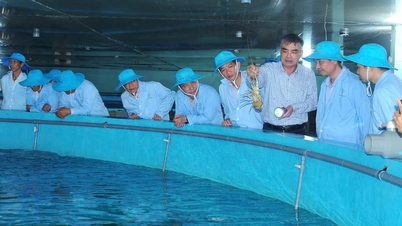






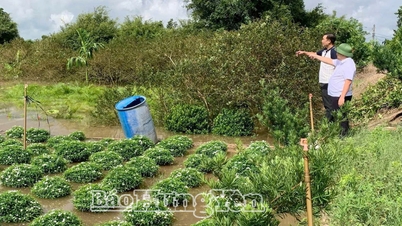


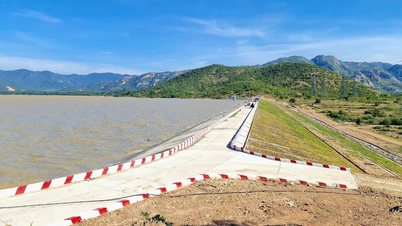









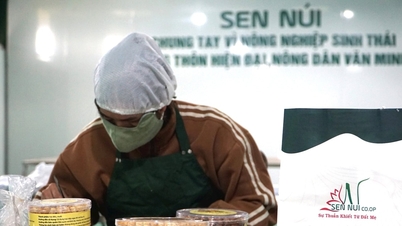






























































Comment (0)